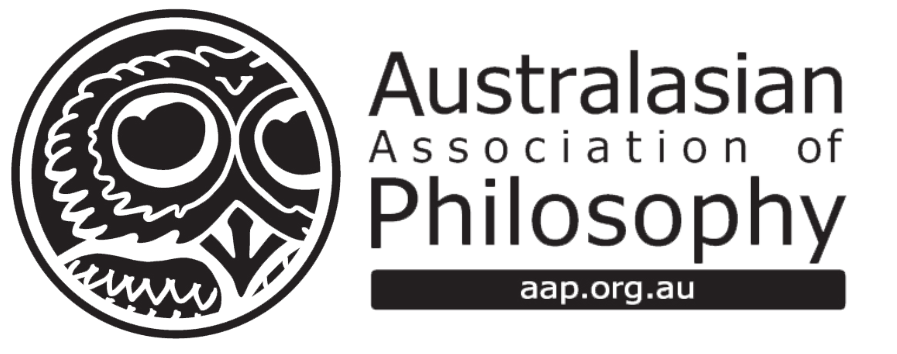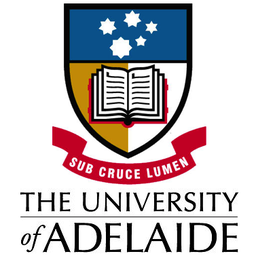2017 AAP Conference Keynote speakers Nancy Sherman Dancers and Soldiers Sharing the Dance Floor: Reflections on Emotional Expression Modern Dance was born as a radical reaction to the formal decorum and ceremonial pomp of ballet. Ballet may have provided consummate exercises for moulding the exterior, but to the pioneers of modern dance, it was at the cost of disconnecting the outside from within. If dance was to have the capacity to reveal the human condition, it needed a vocabulary in movement more attuned to emotional stirrings and less cramped in corseted costumes and tight slippers. Independent of the mission and revolution of modern dance, I argue in what follows that this a limited view of emotional expression in ordinary human interaction and in dance, on stage or off. I come to this by way of the origins of ballet in military drill and the parade ground in the court of Louis XIV. In a real sense, dancers and soldiers have shared the dance floor for centuries. Thinking about that history gives a better sense of just how centrally display and manner figure in emotional expression often independently of sincere avowal. This may seem an obvious point in theatre performance where illusion and pretence are key. But part of the force of the modern dance’s critique was precisely that theatre dance needed to show a more authentic kind of expression that wasn’t just worn, like a uniform, in movement and gesture, but that manifest felt affect through those outward signs. Nancy Sherman is University Professor and Professor of Philosophy at Georgetown University. She has affiliate appointments at the Centre on National Security and the Law at Georgetown University Law Centre and at Georgetown’s Kennedy Institute of Ethics. From 1997-1999, she served as inaugural holder of the Distinguished Chair in Ethics at the US Naval Academy, designing the brigade-wide military ethics course and the Stockdale Centre for Ethical Leadership. She has research training in psychoanalysis from the Washington Psychoanalytic Institute and regularly consults with military and veterans leadership and members, in the U.S. and abroad, on issues of ethics, moral injury, and post traumatic stress. In October 2005, she visited Guantanamo Bay Detention Centre as part of an independent observer team assessing the medical and mental health care of detainees. Nancy Sherman also delivered the 2017 Alan Saunders Lecture Karen Bennett Relative Fundamentality Philosophers frequently say that some phenomena are more fundamental than, or ontologically prior to, others. But what does such talk even mean? This question has gone surprisingly unaddressed in the literature. I argue against two forms of primitivism about relative fundamentality, and in favor of the claim that relative fundamentality can be fully understood in terms of a class of relations that I call building relations. A toy account is presented and rejected, and a more complex picture outlined. The resulting picture is one according to which relative fundamentality relations like more fundamental than are implicitly indexed to particular building relations, and not everything is even comparable with respect to relative fundamentality. Karen has published numerous papers in metaphysics and the philosophy of mind. She is interested in modality, causation, the relations whereby less fundamental things are built out of more fundamental things, what it even means to say that something is more fundamental than something else, and how to think about so-called ‘levels of reality’. Her book Making Things Up will be published by Oxford University Press in 2017. She received her Ph.D. from the University of Michigan in 2000, and, in addition to Cornell, has held regular or visiting positions at Princeton, NYU, and the ANU. She lives in Ithaca with her spouse, daughter, and two cats. Paul Guyer Kant on the Rationality of Morality Kant means multiple things by his claim that morality is founded in pure practical reason. Most fundamentally, his moral thought is structured by the idea of a fact of reason long before he introduces that term: in the first instance, reason demands non-contradiction, and Kant's claim that our maxims must not contradict themselves when generalised is rooted in the antecedent claim that we must not contradict the fact that we are rational beings. But reason also demands "sufficiency," or completeness, and the idea that there must be a complete object of pure practical reason, the highest good, is also meant to be grounded in pure reason, not in the mere conjunction of our reason and our natural desires. Paul Guyer is the Jonathan Nelson Professor of Humanities and Philosophy in the Department of Philosophy at Brown University. Guyer's interests include all areas of the philosophy of Kant, modern philosophy more generally, and the history of aesthetics. He is the author of nine books on Kant, including Kant and the Claims of Taste (1979), Kant and the Claims of Knowledge (1987), Kant (2006), Kant's Groundwork for the Metaphysics of Morals (2007), and Knowledge, Reason, and Taste: Kant's Response to Hume(2008). He is the editor of six anthologies of work on Kant, including three Cambridge Companions, and is co-editor of a volume on the work of his teacher Stanley Cavell. He is also the co-translator of the Critique of Pure Reason, the Critique of the Power of Judgment, and Kant's Notes and Fragments, all in the Cambridge Edition of Immanuel Kant, of which he is General Co-Editor. He is on numerous editorial boards, including those of The Kantian Review, Kant-Studien, and the Journal of Aesthetics and Art Criticism. Guyer's three-volume work, A History of Modern Aesthetics, was published by Cambridge University Press in 2014. His next project is a study of the impact of Kant's moral philosophy on the subsequent history of philosophy, for a series on The Legacy of Kant that he is editing for Oxford University Press. Barry Smith The Nature of Experience Philosophers often appeal to experiences to serve as the basis of judgments of various kinds: about what we perceive, the emotions we feel, our appreciation of art works or music. The experiences appealed to are taken to be known through and through for what they are and their very natures are taken to constraint our philosophical theorizing. Accounts of the nature of pain, the perception of colours, sounds and smells are required to respect obvious features of these experiences. Professor Barry C Smith is director of the Institute of Philosophy at the University of London’s School of Advanced Study. He is also the founding director of its Centre for the Study of the Senses, which pioneers collaborative research links between philosophers, psychologists and neuroscientists. A philosopher of language and mind, he now works on the multisensory nature of perceptual experience, taste, smell and flavour. He has published theoretical and experimental papers, writing in Nature, Food Quality and Preference and Flavour . In 2007, he edited Questions of Taste: the philosophy of wine, Oxford University Press 2007), The Oxford Handbook of Philosophy of Language, Oxford University Press 2008 (with Ernest Lepore), and Knowing Our Own Minds Oxford University Press 1998 (with Crispin Wright and Cynthia Macdonald). He is a frequent broadcaster. In 2010, wrote and presented a four-part series for the BBC World Service called The Mysteries of the Brain. Daniel Stoljar 2017 Presidential Address Bernard Williams argues in several places that philosophy is in some deep way akin to history. This paper explores and defends the Williams thesis—though in a way anathema to Williams himself. In particular, I argue that David Lewis’s account of causal explanation may be modified to bring out what is plausible and what is not in what Williams says. I end by pointing out some consequences of the Williams thesis so understood. |
- Home
- Keynote Speakers






